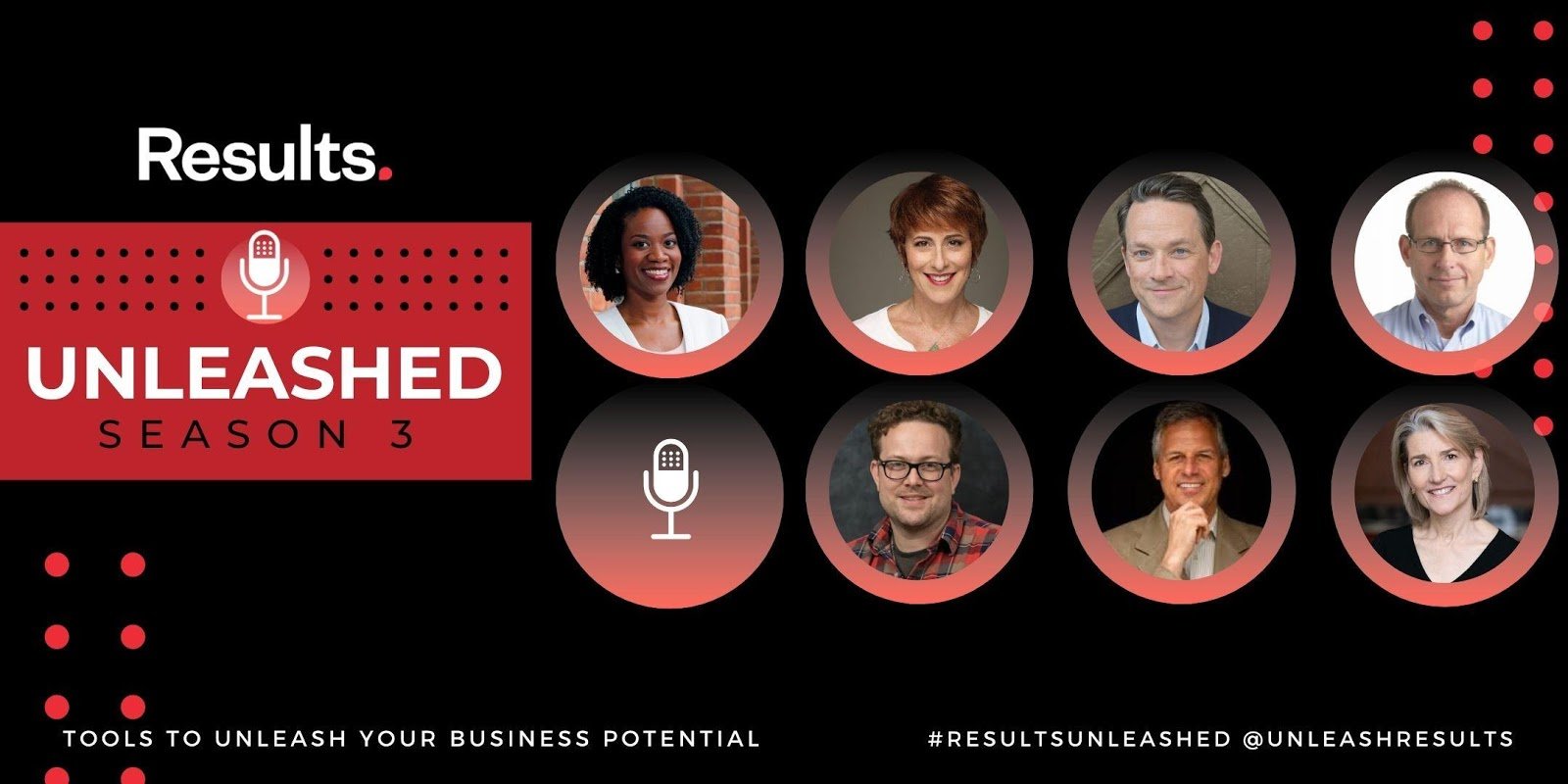What Is Business Culture?
When culture started to become a hot topic for business research and thought leaders 30 years ago, some defined it simply as, “how we do things around here.” Although this definition is simple, it may not give us as complete an understanding as we need, so instead let’s consider the dictionary definition:
“Organizational culture is the ideas, customs and behaviours of the employees, contractors, volunteers and other stakeholders.”
– Oxford Dictionary
Employees will use any number of descriptors when asked about their culture: fast-paced, team-oriented, progressive, traditional, and other adjectives.
It can sometimes be valuable to think of culture as the personality of a firm. By doing so we can identify archetypes (as is often done with brands) or characters that remind us of the traits of our firm. Is your organization daring and careless like Butch Cassidy, or more logical and fact-oriented like Star Trek’s Mr. Spock? Is it highly competitive like Michael Jordan, or more community-focused and caring like Mr. Rogers?
The personality metaphor also reminds us that, like people, personality is unique. And that’s important if we are to stand out in the marketplace and attract people (primarily customers and employees) to our cause.
When companies are small, the business owner or leader can directly influence the personality of the firm. In many ways, the personality of the firm reflects the personality of the founder. When she is working “in” the business, that personality is present through the behaviours and interactions that the leader has with every employee, prospect, customer or vendor. But for larger firms, the culture becomes more of a collective of traits, characteristics, beliefs and behaviours.
As any company grows there can be differences of opinion when we ask leaders about their culture, and then ask the employees. Leaders may say things like, “we have a culture that rewards innovation and risk-taking,” while employees of the same company might argue, “nope, we just do our job and never take risks.” This indicates an opportunity to audit the internal processes and attitudes in the organization and identify ways to close the gap. Just like a person, there is nothing less appealing than a company that says they are X and behaves as Y.

Where does great business culture come from? How do you build and sustain it in your group, or strengthen a culture that needs fixing? No matter the size of the group or the goal, it is about bringing individuals into teams that can accomplish amazing things together.
Daniel Coyle, the author of The Culture Code, has gone inside some of the world’s most successful organizations—including Pixar, the San Antonio Spurs, and U.S. Navy’s SEAL Team Six-and reveals what makes them tick. He demystifies the culture-building process by identifying three key skills that generate cohesion and cooperation and explains how diverse groups learn to function with a single mind.
Coyle will be joining us on February 4, 2021, for Unleashed Season 3 launch to talk about building corporate culture.
As Coyle discovered, organizations that create a heightened sense of belonging can answer the following questions for employees:
- Are we connected?
- Do we share a future?
- Are we safe?
How do you ensure the answer to all three is a resounding YES in your organization? Here are some simple ideas you as a leader can take action on immediately.
8 Key Tactics To Improve Business Culture
1. Over-communicate and listen
In our technology-infused world, it’s easy to get lazy and rush through communication by using email or direct-messages when it may not be appropriate. The building blocks of a strong culture is relationships, and these take time, care and consistency.
Make active listening to your superpower; use eye contact, be fully present, and get face to face as often as possible, even if that is via a virtual meeting like Zoom. Give people the gift of your time.
2. Pass the gratitude, please
Get in the habit of catching people doing things right multiple times a week. Simply showing appreciation and gratitude can often be as motivating and engaging for employees as other more concrete incentives like compensation.
3. Robust hiring and screening

Build a moat around your corporate culture by being vigilant over who you invite to join your organization and who you don’t. A thorough and robust hiring process that screens for values and skills are essential. It’s your job to ensure performance and behaviour standards rise over time and don’t dilute.
4. Eliminate bad apples
This is difficult for many organizations, but it sends a strong signal to the group about the standards of behaviour and performance. The expectations in your company are set by the lowest performers, not the highest.
5. Connect people’s work to their impact
Human beings have an innate desire to do meaningful work. Ensure you clearly communicate how the work everyone does impacts the lives of your customers. Every single person in your organization needs to know their impact and how they matter.
6. Make fun of yourself
Skilled leaders are high on the humility scale. They park their egos, recognize they don’t know everything, are aggressive learners and admit their mistakes.
Shine a spotlight on your fallibility as a leader. Make a habit of admitting your mistakes and not taking yourself too seriously. This will show everyone it’s ok to fail and move on. The senior leaders set the tone for this.
7. Instead of “not shooting the messenger”, try hugging them
When someone delivers an unpopular opinion or has the courage to provide uncomfortable feedback, ensure you accept it with a smile and embrace what they are saying and their willingness to speak up. Over time this will have a significant impact on cultural safety and openness and encourage others to feel safe.
When Alison Fragale was here a year ago, she provided proof that the most productive teams are those that are not only diverse but where members feel a significant amount of psychological safety.
8. Take action
Assuming you’re not already doing all of the items on this list, pick one and commit to doing it for 90 days. If you’re feeling really ambitious, share this with your team and have them do the same. After all, reading an article doesn’t change your environment, taking action does.
Ready to Start Improving Business Culture?

Season three of Unleashed begins on February 4, 2021. Join us for insightful conversations and opportunities to learn from subject matter experts like Dan Coyle, David Marquet, Amy Edmondson and others. Register now for the full season.



